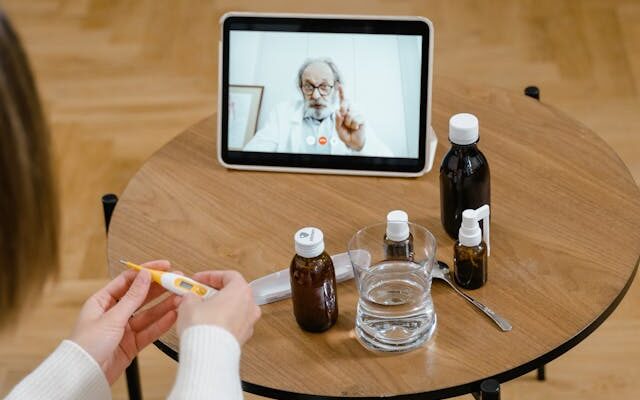
In today’s fast-paced world, mental health is more important than ever, but access to care can still be a challenge for many. That’s where mental health apps come in, providing support, guidance, and resources right at our fingertips. These digital tools are quietly revolutionizing the way people take care of their emotional well-being.
Understanding Mental Health Apps
Mental health apps are smartphone applications designed to support various aspects of psychological well-being. They help users manage stress, reduce anxiety, build mindfulness, and sometimes even connect with professional help. The beauty of these apps lies in their accessibility; anyone with a smartphone can access tools and support whenever and wherever they need it.
The range of mental health apps is broad. Some focus on mindfulness and meditation, offering guided sessions to help individuals manage stress and sleep better. Others cater to those wanting to track their moods, journal thoughts, or set wellness goals. There are also apps that connect users with licensed therapists for text or video counseling, making professional support more convenient and less intimidating.
Key Features and How They Help?
What makes these apps so effective? First and foremost, mental health apps offer anonymity and privacy. For many, seeking traditional therapy might feel daunting due to stigma or social anxiety. Apps provide a low-pressure environment to start addressing mental health concerns. Many apps allow users to track their moods and habits, offering insights into triggers and progress over time. This self-monitoring encourages active participation in personal growth.
The interactive nature of these apps enhances engagement. Whether it’s a calming voice guiding you through meditation or a chatbot helping you process your day, these features can embed mental wellness practices into daily routines. Many apps also offer educational content, helping users understand their emotions and learn coping skills rooted in scientifically proven methods like cognitive behavioral therapy.
Benefits of Embracing Mobile Mental Health Support
Perhaps the most significant benefit of mental health apps is their immediacy. There’s no waiting room, no scheduling conflicts—just immediate access to support when you need it most. This instant availability can be a lifeline during difficult moments or sleepless nights.
Affordability is another advantage. Many mental health apps are free, and even those that charge a subscription are typically much more budget-friendly than regular therapy sessions. This lower cost opens up support to individuals who may not otherwise afford in-person counseling.
Mental health apps also excel at promoting consistency. Reminders and notifications nudge users to set time aside for their mental wellness, fostering habits that lead to lasting change. Over time, these small daily check-ins can have a meaningful impact on overall well-being.
Popular Mental Health Apps
Many apps have gained popularity for their unique approaches to mental health. Calm and Headspace excel at mindfulness and meditation, making them ideal for users looking to reduce stress or improve sleep. BetterHelp and Talkspace connect individuals directly with licensed therapists, breaking down barriers to professional care. AI-powered apps like Wysa and Replika provide conversation and simple therapeutic exercises for those who might not be ready for human interaction.
Moodfit and Happify offer programs to help track moods, set goals, and build resilience through engaging activities. Each app brings something different to the table, allowing users to choose the best fit for their lifestyle and needs.
Navigating Limitations and Next Steps
While mental health apps are a fantastic resource, it’s important to understand their limitations. They work best as supplementary tools or starting points, not substitutes for in-depth or emergency care. Individuals struggling with severe symptoms should always reach out to a mental health professional for personal support.
The rise of mental health apps represents a promising step toward accessible, proactive care. By blending technology with evidence-based practices, these apps are empowering people everywhere to take their mental wellness into their own hands, creating new possibilities for healthier, happier lives.














